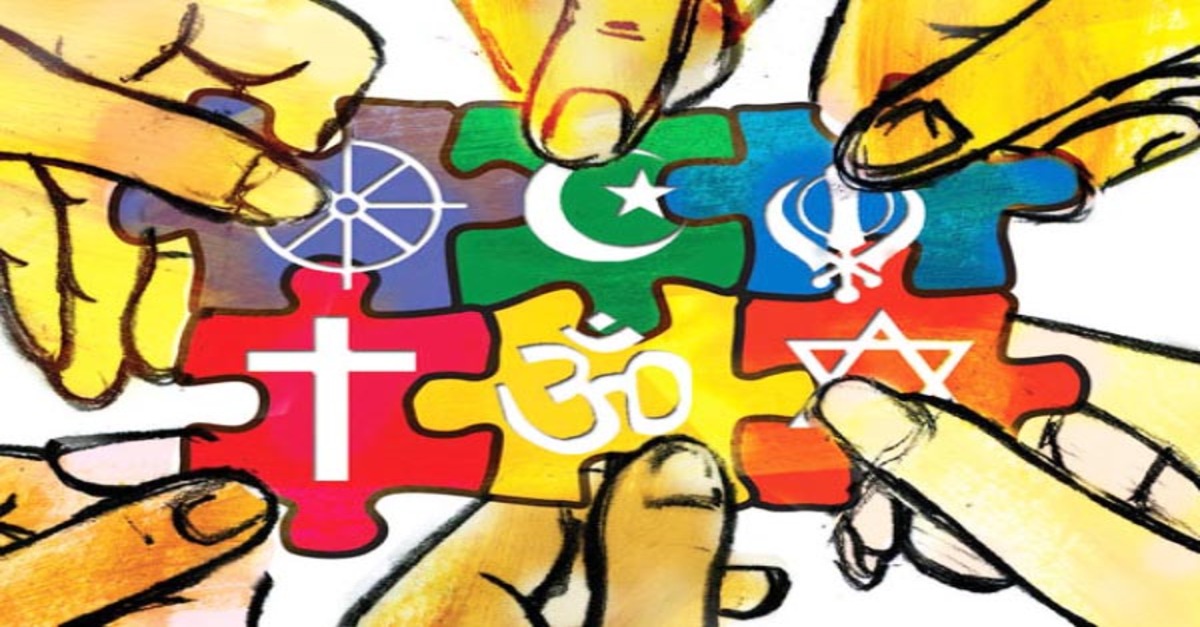INTRODUCTION
A petition has been submitted in the Supreme Court of India appealing to the judiciary to prohibit surveys and studies relating to religious structures like mosques, temples, churches, or any other sacred site for that matter, stating such activities would disturb communal harmony and peace in society. According to the petitioner, such studies often turn out to be controversial, thus breeding divisive narratives and exacerbating religious groups’ tension with one another.
BACKGROUND
The petitioner, who desires to remain anonymous to ensure that their identity is not known to the public, expresses a concern that has arisen regarding the trend of state-sponsored or private surveys in recording, studying, or inquiring into historical claims on religious structures. In the process, they contend, these activities revive old issues but also generate new ones and fan communal hostilities.
The plea refers to instances where surveys have been conducted in the context of ongoing legal disputes, like the cases relating to the Gyanvapi mosque in Varanasi and the Shahi Idgah in Mathura. The cases have garnered a lot of interest in the public and have demanded excavations, carbon dating, and archeological assessments.
KEY POINTS
- Secularism Violation: The case presented argues that the survey compromises the secular attribute of the Constitution of India since one religious story is accorded a status above all the rest. Freedom of religion is assured through Article 25, in conjunction with Article 14 that deals with equality before the law, are also claimed to be in jeopardy.
- Public Order Concerns: Often these religious site surveys may be causing tensions, protests, and in extreme cases even clashes with violence, thereby threatening the peace and order of the public.
- Judicial Precedents: The plea focuses on one landmark judgment, Ayodhya Ram Janmabhoomi-Babri Masjid, in which it is argued that the Supreme Court was aware of the ability of religious disputes to deteriorate social harmony. They are sought to be solved in a peaceful manner instead of re-ignited from their ashes through a process like survey.
- Archeological Overreach: The petitioner further questioned that the role of archaeological studies in settling current legal and religious issues as such surveys often result in inconclusive answers and are prone to political maneuverings.
RECENT DEVELOPEMENTS
The appeal before the Supreme Court asks for an order which stops all surveys, excavations and archeological studies on present or disputed religious structures without any prior judicial review and approval. Direct the government to frame comprehensive guidelines to prevent misuse of such surveys for political or sectarian purposes. It was plead to mandate authorities must first focus on peace-building over history fact-finding in cases with communal sensitivity.
A mix of views has been registered about this petition from legal experts as well as community leaders. In some ways, it feels the necessity for banning religious structure surveys absolutely can hold back proper historical research that goes along with the infringed right to freedom of speech and, sometimes even restrict it further.
Leading constitutional authorities have opined that the court may try a balanced approach whereby surveys are allowed only under strict judicial scrutiny and ensure that findings from such surveys are not exploited politically.
CONCLUSION
The plea raises a pertinent question as to whether historical inquiry should be balanced with the preservation of communal harmony. It calls for judicial intervention so that the religious structure survey does not turn out to be a flashpoint for discord. The verdict from the Supreme Court will define how such disputes are resolved, thus paving the way for precedent on the regulation of sensitive investigations with protection to social peace.
A balanced judgment could balance the scales by allowing regulated surveys under strict oversight, with both communal harmony and scholarly freedom. The case, after all, points to the importance of interfaith dialogue and proactive conflict resolution in addressing deeper issues than those in court.
“PRIME LEGAL is a full-service law firm that has won a National Award and has more than 20 years of experience in an array of sectors and practice areas. Prime legal falls into the category of best law firm, best lawyer, best family lawyer, best divorce lawyer, best divorce law firm, best criminal lawyer, best criminal law firm, best consumer lawyer, best civil lawyer.”
WRITTEN BY: SHAKCHI VERMA


